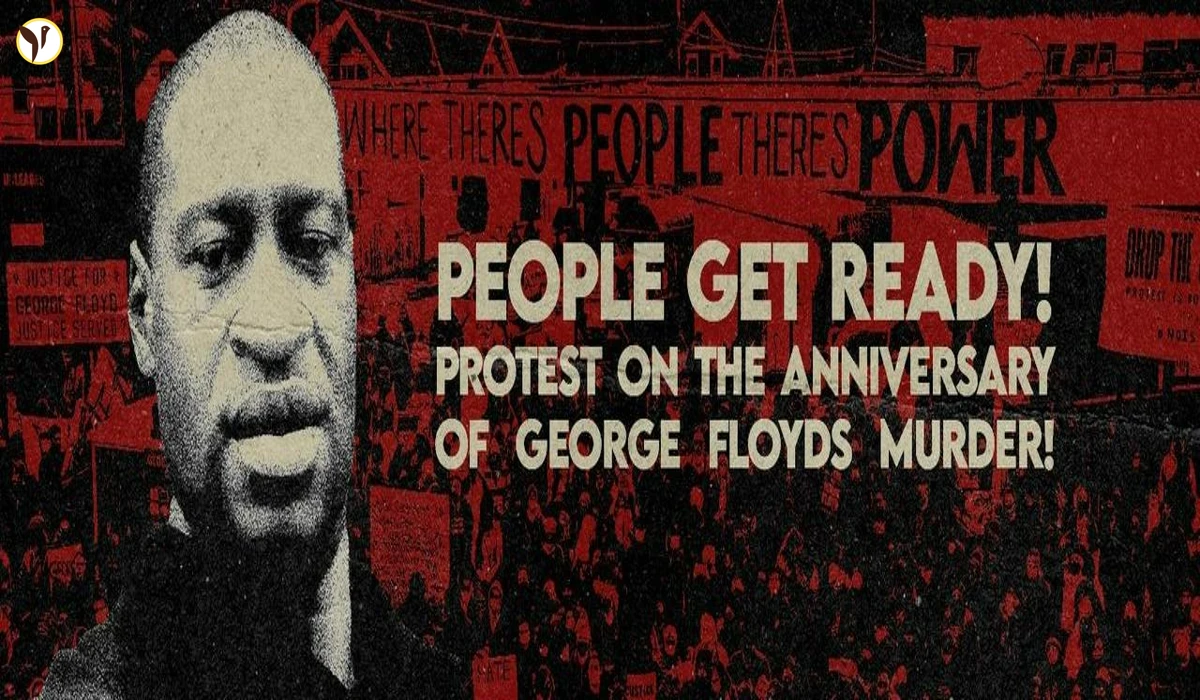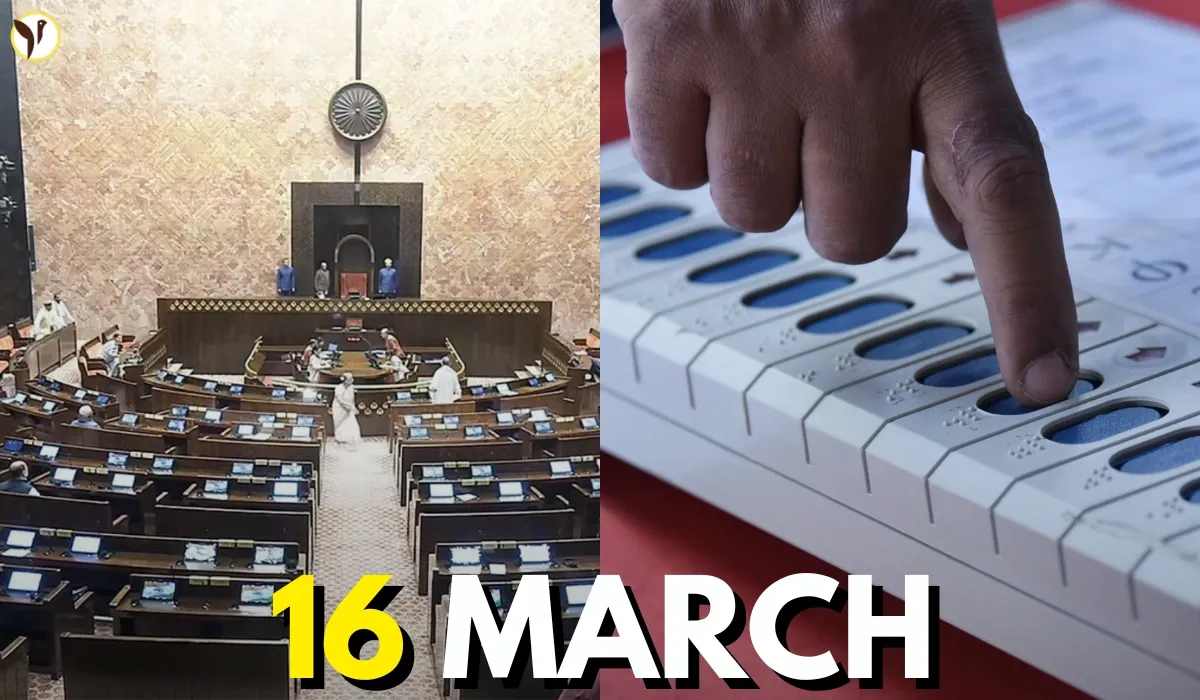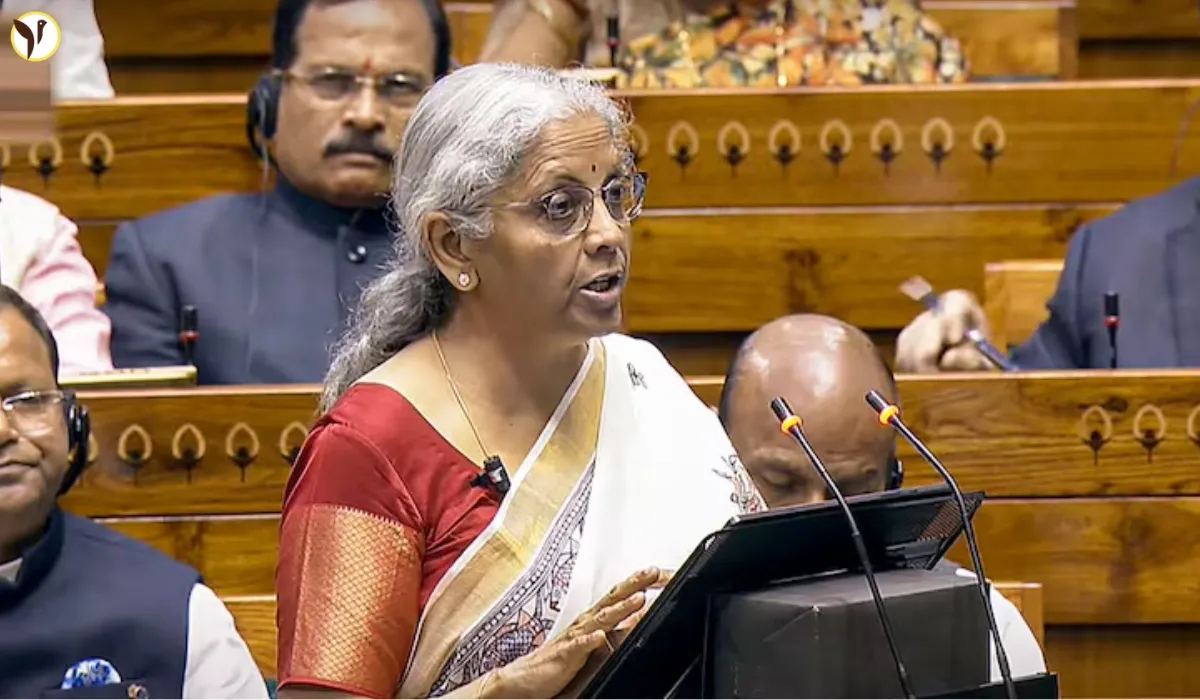The Derek Chauvin Pardon Speculation: A Nation on Edge
The possibility of a presidential pardon for Derek Chauvin, the former Minneapolis police officer convicted of murdering George Floyd, has ignited a firestorm of debate and anxiety across the United States. Five years after Floyd's death sparked nationwide protests, the mere whisper of a pardon has many fearing a return to the unrest of 2020 and reigniting the fight for police accountability.
The Pardon Speculation and its Fallout
The rumors began swirling, fueled by comments from Minnesota Governor Tim Walz, who acknowledged preparations for potential unrest should a pardon be granted. While the White House has denied any plans for a pardon, the speculation itself is deeply troubling. For many, a pardon would feel like a slap in the face—a betrayal of the hard-fought progress made in the wake of Floyd's murder.
- The political climate: The discussion around a potential pardon is happening against the backdrop of a new executive order aimed at strengthening law enforcement, a move criticized by many as undermining police accountability and emboldening officers.
- The fear of escalation: Concerns are not just about Chauvin's potential release; they extend to the broader implications of a pardon, including the message it would send to other officers and the potential for increased police brutality.
- Community preparedness: Cities like Minneapolis are already preparing for potential protests and civil unrest, highlighting the palpable tension surrounding this issue.
Adding fuel to the fire are voices like Representative Marjorie Taylor Greene, who openly advocates for Chauvin's release and perpetuates false narratives about Floyd's death. These actions further inflame tensions and undermine the official findings of the trial and autopsy report.
The legal reality: Even if a pardon were issued, Chauvin would not immediately walk free. He's serving concurrent state and federal sentences. A presidential pardon would only impact the federal charges, leaving him to serve his state sentence. However, this distinction offers little solace to those who see a pardon as a gross miscarriage of justice.
The resurfacing of misinformation regarding George Floyd's cause of death, amplified by social media, further complicates the situation. The Hennepin County Medical Examiner's report unequivocally states that Floyd's death was a homicide caused by law enforcement's actions. These attempts to rewrite history are deeply offensive to those who witnessed the trauma and demand accountability.
A Nation Divided, A Movement Ready
The anniversary of George Floyd's death, May 25th, looms large. Activists are planning demonstrations, demanding justice and police reform. The potential for a Chauvin pardon has only intensified the calls for action, turning a day of remembrance into a potential flashpoint for nationwide protest.
The reaction to the 2020 protests and the current climate show the immense power of collective action. Whether a pardon is granted or not, the underlying issues remain: police brutality, systemic racism, and the need for meaningful police reform. The fight for justice continues. The events surrounding a possible pardon serve as a stark reminder that the struggle for equality and accountability is far from over.
Conclusion
The possibility of a Derek Chauvin pardon is more than just a legal question; it's a potent symbol of the ongoing battle for justice and racial equality in the United States. The widespread concern and preparations underscore the deep divisions and anxieties surrounding police brutality and the fight for accountability within the justice system. Regardless of what happens, the conversations sparked by this situation highlight the urgent need for meaningful change.









